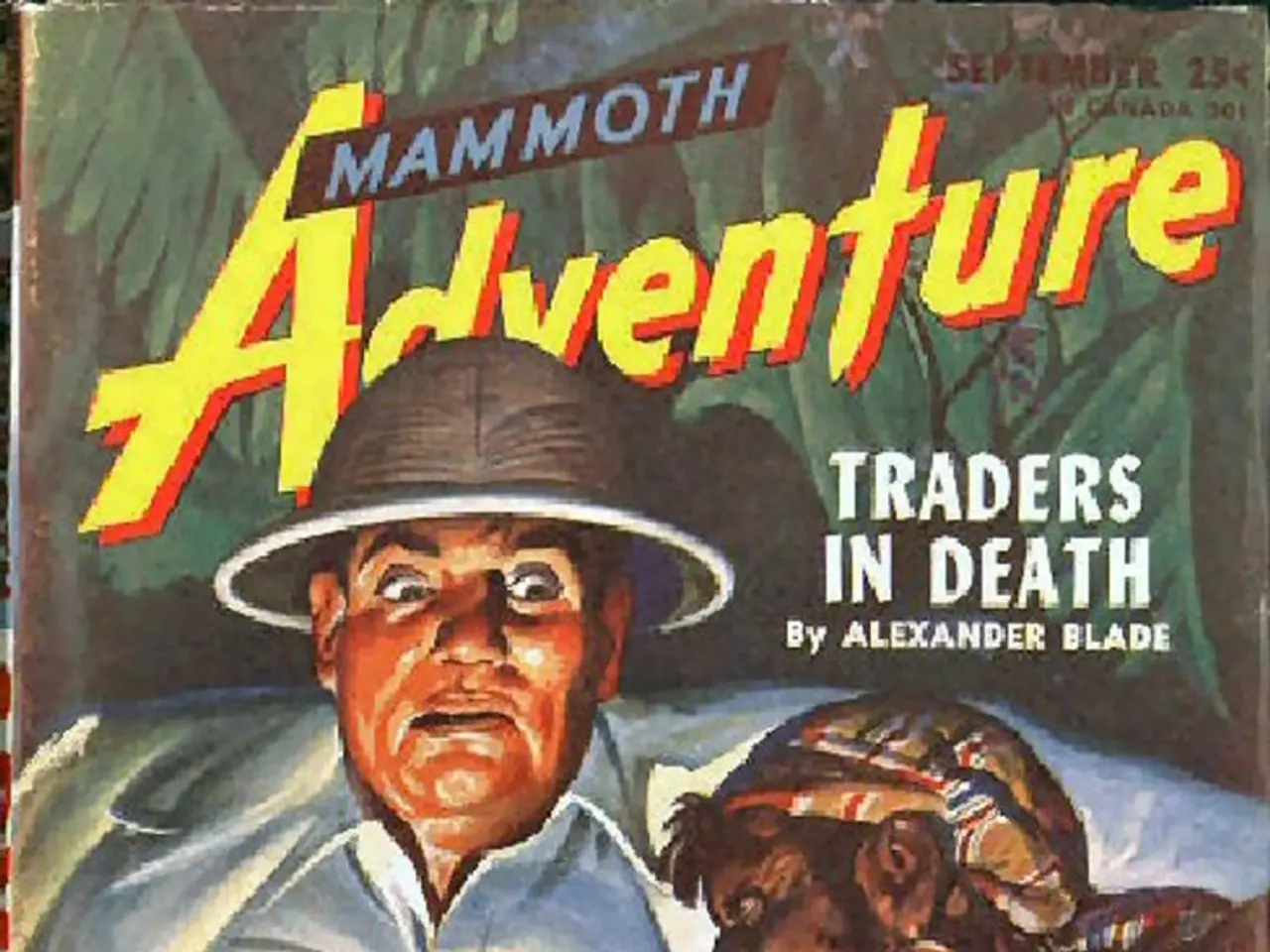Marking the 150th anniversary since Carl Jung's birth, an exploration into why his ideas continue to influence psychology today.
### The Enduring Legacy of Carl Gustav Jung: A Pioneer in Analytic Psychology
Carl Gustav Jung's analytic psychology has left an indelible mark on modern culture, influencing various fields such as psychology, literature, media, philosophy, and self-help movements. His groundbreaking theories on the collective unconscious, archetypes, and extraversion/introversion have become cornerstones in our understanding of human behaviour and the human psyche.
Jung's concept of the **collective unconscious** posits that universal myths, symbols, and narratives are inherited at birth and form a shared foundation for myths and religion across cultures. This idea has been instrumental in shaping the way we analyse and interpret stories, art, and cultural phenomena. Contemporary mythologists and cultural theorists often employ Jung's notion to explain the persistence of certain themes in global media and folklore.
**Archetypes**, innate, universal prototypes for ideas, are building blocks of the collective unconscious and manifest as recurring characters, symbols, or themes in dreams, myths, and culture. Archetypes are evident in modern storytelling, with film, literature, and graphic novels frequently relying on archetypal characters to help audiences quickly grasp complex narratives and foster emotional engagement. Archetypes also underpin much of contemporary branding and marketing, as advertisers tap into universally recognizable symbols and stories to evoke emotional responses.
Jung's distinction between **extraversion** and **introversion**—personality types oriented respectively toward the outer world and the inner world—has become foundational in modern psychology and self-help culture. These terms are now embedded in everyday language, shaping how people understand their own behaviours, relationships, and workplace dynamics. Personality assessments like the Myers-Briggs Type Indicator (MBTI), which is based on Jung's typology, are widely used in business, education, and online communities, influencing career counseling, team building, and popular psychology.
Jung's work on the collective unconscious and archetypes was first published in 1912, and his research focused on symbols and their connection to a person's psyche. His partnership with Sigmund Freud was fractured in 1913, leading to the formation of analytic psychology. Despite their differences, Jung's work on analytic psychology has had a significant impact on modern psychology.
Jung's ideas, especially the process of **individuation**—the integration of conscious and unconscious elements—inform many therapeutic approaches aimed at self-awareness and personal growth. His notion of **synchronicity** (meaningful coincidences) finds echoes in discussions about the nature of reality in both science and esoteric thought, although it remains a controversial concept.
In conclusion, Jung's analytic psychology has left an indelible mark on modern culture by providing a language and framework for understanding the universal and personal dimensions of human experience. While not all aspects of his theory are embraced by empirical science, his concepts remain culturally vital, influencing how people interpret stories, navigate relationships, and pursue psychological development.
| Jungian Concept | Modern Cultural Impact | |-------------------------|---------------------------------------------------------| | Collective Unconscious | Explains universal myths, symbols; used in cultural analysis | | Archetypes | Shapes storytelling, branding, media narratives | | Extraversion/Introversion | Central to personality tests (MBTI); everyday language | | Individuation | Underpins self-help, therapy, personal growth | | Synchronicity | Inspires discussions in science, spirituality, philosophy |
- In the realm of health-and-wellness, Carl Gustav Jung's concept of individuation has significantly influenced therapeuties-and-treatments, providing a framework for personal growth and self-awareness.
- Archetypes, as proposed by Jung, have permeated health-and-wellness discussions, with their recurring themes in dreams, myths, and culture often used as a lens to analyze mental-health narratives and practices.




